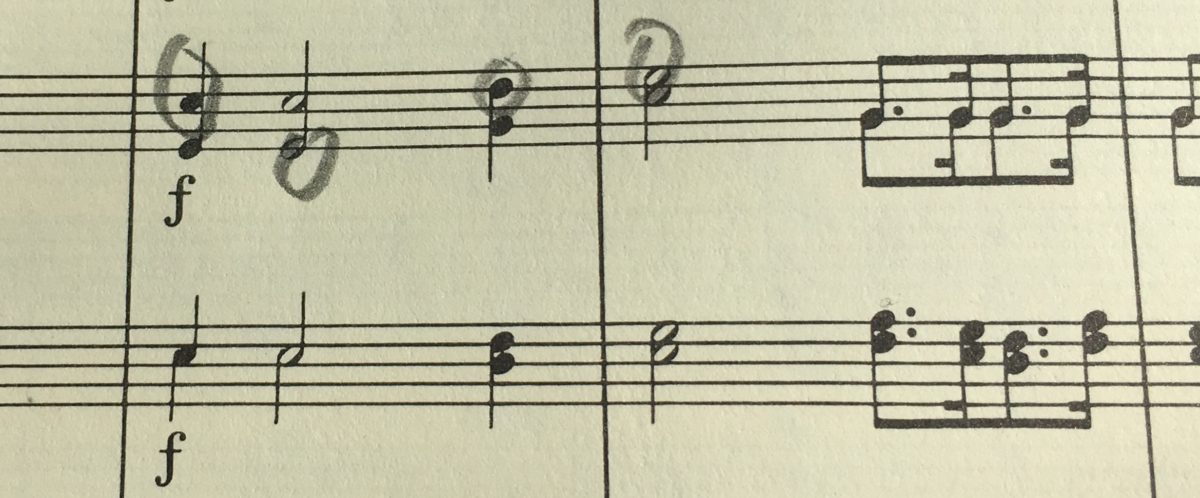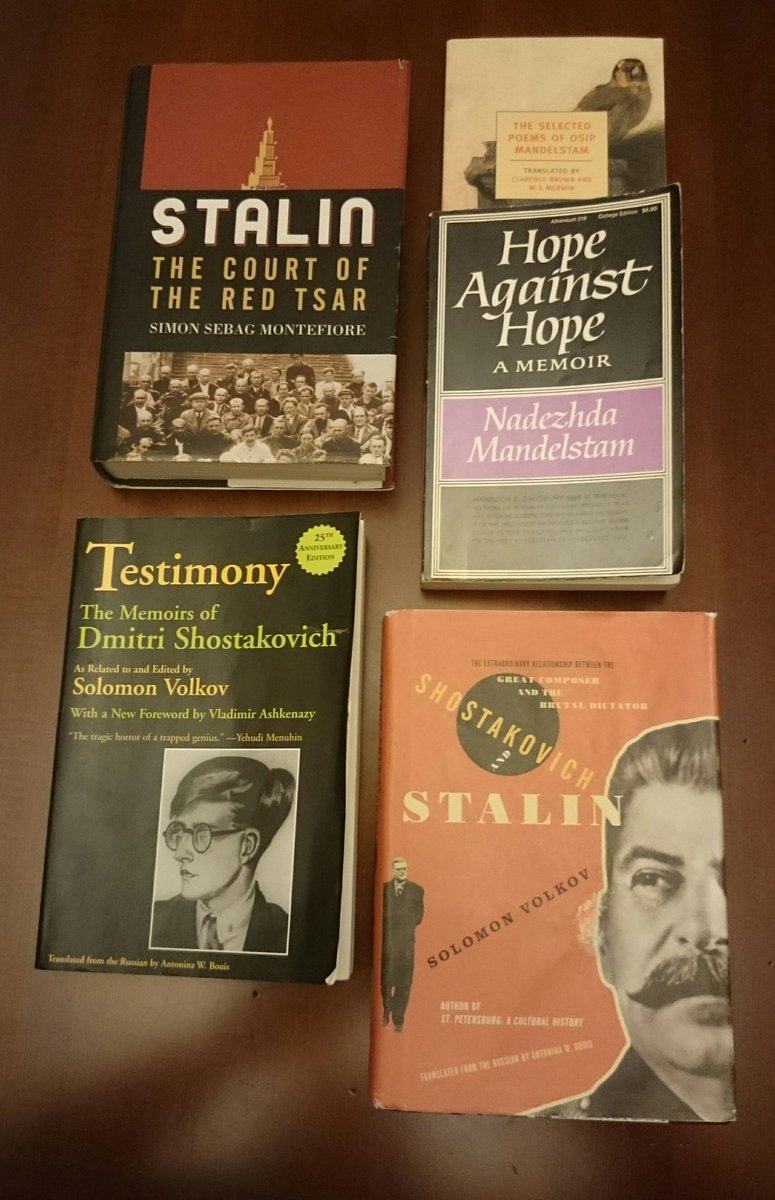- Dmitri Shostakovich Biography
- Testimony Shostakovich Dvd
- Testimony Shostakovich Chicago Citation
- Testimony Shostakovich Subject
- More than Dmitri Shostakovich’s music will be incorporated in the soundscape; anticipate a selection of relevant Russian greats. The original ‘TESTIMONY’ was an international best seller in the late ’70s, his memoirs dictated to a young musicologist, Solomon Volkov.
- This is the powerful memoirs which an ailing Dmitri Shostakovich dictated to a young Russian musicologist, Solomon Volkov. When it was first published in 1979, it became an international bestseller. This 25th anniversary edition includes a new foreword by Vladimir Ashkenazy, as well as black-and-white photos.
- Of Russia and a masterful composer. It was not until the publication in 1979 of a book called Testimony: The Memoirs of Dmitri Shostakovich surfaced that debates began to take form that would eventually charge into the realm of violent disputes from many sides. This book, written by Solomon Volkov, portrayed Shostakovich as a bitter dissident.

Testimony: The Story of Shostakovich is a 1988 British musical drama film directed by Tony Palmer and starring Ben Kingsley, Sherry Baines and Robert Stephens.The film is based on the memoirs of Dmitri Shostakovich (1906–1975) as dictated in the book Testimony (edited by Solomon Volkov, ISBN 0-87910-021-4) and filmed in Panavision.
This article attempts to reconstruct the persona of the ‘Old Shostakovich’ in Britain—the pre-Testimony Shostakovich that is now a distant memory. Through examining widely disseminated sources such as newspaper reviews, radio broadcasts, articles in popular magazines, and programme notes, it traces Shostakovich's reception history in a culture that effected a shift from staunchly defending music's independence from politics to insisting upon political readings of Shostakovich's music. The reconstruction of the history of Shostakovich's British reception charts a range of changing attitudes: critical responses to the role of music in society; Britain's growing awareness of the social and cultural effects of Stalinism; and—most important—Shostakovich's developing stature as his music became more frequently played. Given the scale of this task, the article focuses on the reception of the Fifth Symphony, arguably the work that has accumulated the heaviest layer of interpretative commentary and has been the most controversial in Britain from its first performance there in 1939 until the present day.


Abstract
The life, politics, and music of Dmitri Dmitriyevich Shostakovich have been subjects of extreme controversy. Despite the turmoil of his dealings with Stalin, many people thought of him as a loyal servant of Russia and a masterful composer. It was not until the publication in 1979 of a book called Testimony: The Memoirs of Dmitri Shostakovich surfaced that debates began to take form that would eventually charge into the realm of violent disputes from many sides. This book, written by Solomon Volkov, portrayed Shostakovich as a bitter dissident. One year later, an American researcher and specialist in Russian and Soviet music by the name of Laurel Fay responded to Testimony with an article in The Russian Review entitled “Shostakovich Versus Volkov: Whose Testimony?” in which she brought forth evidence of falsification. Presently, Shostakovich researchers are often split into two schools of thought: revisionist and anti-revisionist. The revisionists agree with Volkov’s portrayal in Testimony that Shostakovich was indeed a secret dissenter. The anti-revisionist views cover a much broader spectrum, but many reject the authenticity of Testimony and are of the opinion that to think of the Russian composer as a dissenter is irrelevant or entirely false, some to more extent than others. Testimony seems to lie at the heart of these debates, and it is around these purported memoirs and the evidence for and against them that this paper will be focusing on. While the memoirs of Testimony and its claims of authenticity must be treated with caution, the Testimony-portrayal of Shostakovich corresponds with the views of his friends and family and therefore provides valuable insight into the composer’s life and state of mind.
Volume
10
Issue
1
Article Number
1
DOI
10.15385/jmo.2019.10.1.1
Recommended Citation
Bahorik, Hanna (2019) 'Shostakovich and the Memoirs,' Musical Offerings: Vol. 10 : No. 1 , Article 1.
DOI: 10.15385/jmo.2019.10.1.1
Available at: https://digitalcommons.cedarville.edu/musicalofferings/vol10/iss1/1
Creative Commons License

This work is licensed under a Creative Commons Attribution-Noncommercial-No Derivative Works 4.0 License.
Disclaimer
DigitalCommons@Cedarville provides a publication platform for fully open access journals, which means that all articles are available on the Internet to all users immediately upon publication. However, the opinions and sentiments expressed by the authors of articles published in our journals do not necessarily indicate the endorsement or reflect the views of DigitalCommons@Cedarville, the Centennial Library, or Cedarville University and its employees. The authors are solely responsible for the content of their work. Please address questions to dc@cedarville.edu.
Dmitri Shostakovich Biography
DOWNLOADS
Since April 19, 2019
Included in
Testimony Shostakovich Dvd

Testimony Shostakovich Chicago Citation
Ethnomusicology Commons, Fine Arts Commons, Musicology Commons
COinSTo view the content in your browser, please download Adobe Reader or, alternately,
you may Download the file to your hard drive.
Testimony Shostakovich Subject
NOTE: The latest versions of Adobe Reader do not support viewing PDF files within Firefox on Mac OS and if you are using a modern (Intel) Mac, there is no official plugin for viewing PDF files within the browser window.
